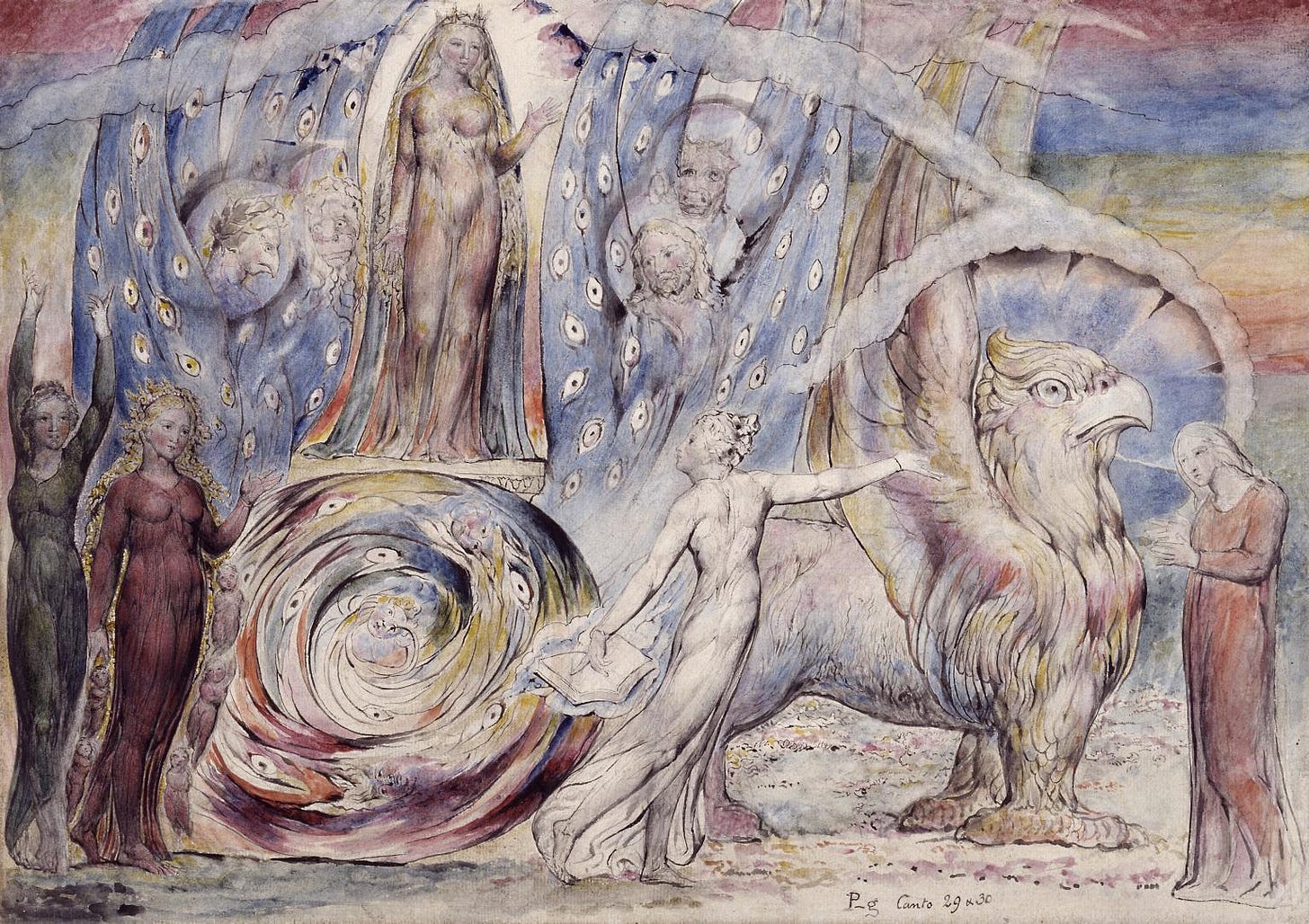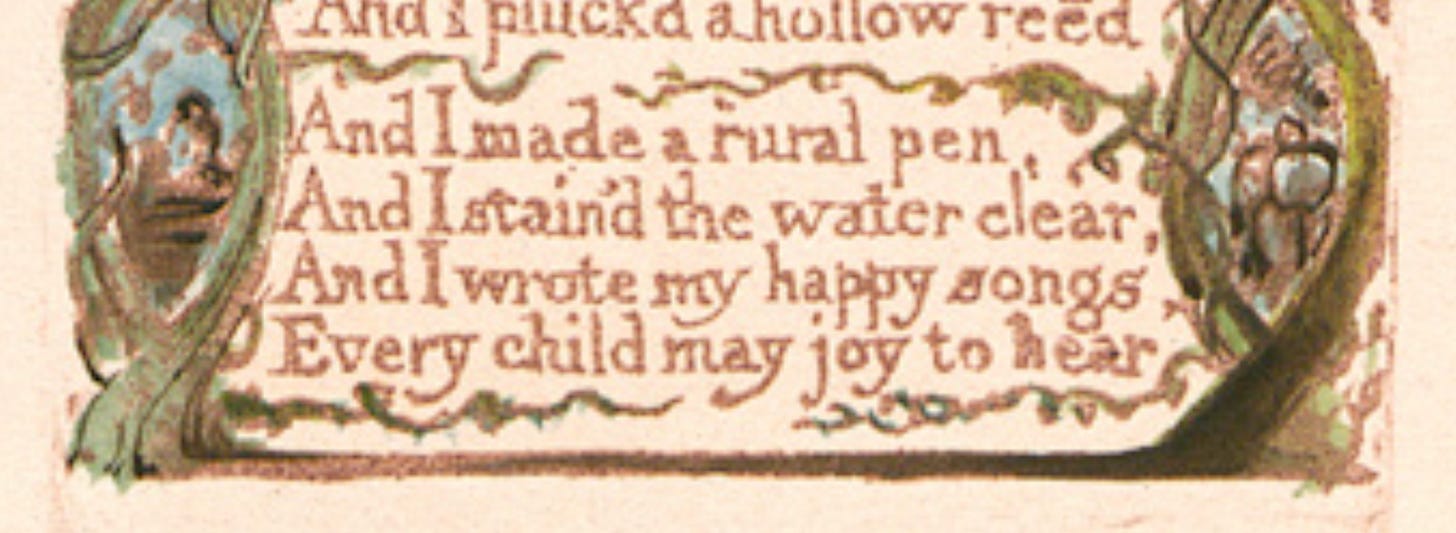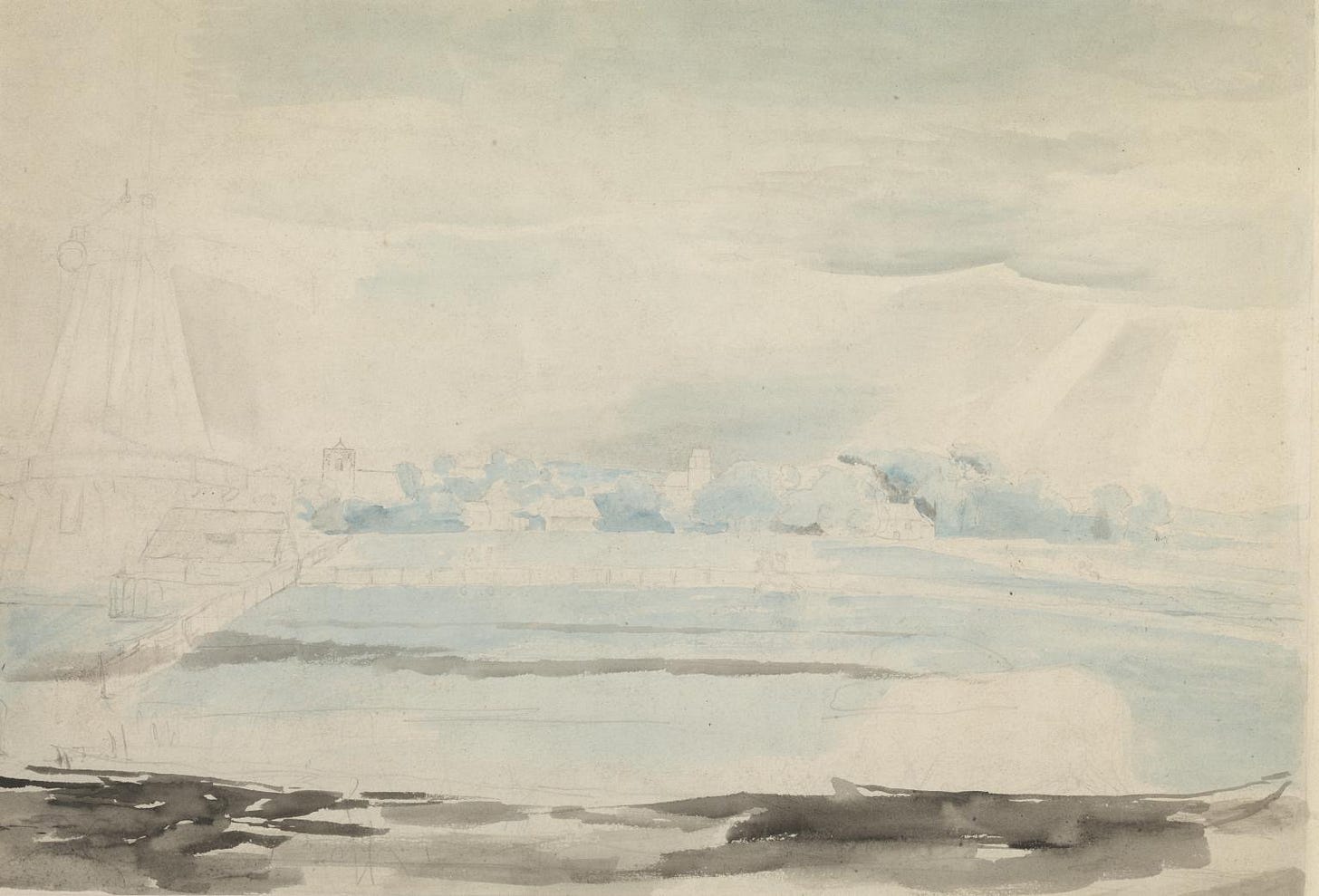
How does poetry work? What does the poetic release in us? My favourite theory comes from Owen Barfield, the great friend of C.S. Lewis and J.R.R. Tolkien. He has a proposal about the magic of poesy and it has to do with the energy of words.
The dynamic he describes so impressed Tolkien that the writer on wizards and hobbits underwent the great labours of creating an entire language and literature for the elvish people of his imagination. Only then did he feel he could convincingly enter the living world of Middle-earth. So, what was Barfield’s big idea?
At heart, Barfield insisted that words have soul; the sounds we breath on the air carry a vitality and convey a living meaning. Words are not just physical vibrations shaped by our mouths and tongues, nor are they mere signs for the things around us: “tree”, “rock”, “cup”. They bring experiences, echo histories, focus desires, revive relationships. The poet works with this energy by positioning words in creative ways, so that the inner stories held by language can be re-released afresh. The reader of poems loves that sense of revelation and to read a poem is to travel inwardly, reach horizons, and peer into other worlds.
Consider a verse that Barfield unpacks from the introduction to the “Songs of Innocence” by William Blake.1 The lines feature a piper and Barfield uses them to illustrate how Blake juxtaposes words in such a way as to uncover or restate lost or half-forgotten resonances that strike the reader as a moving expression of soul; the effect is a shift of consciousness. The particular lines that Barfield focuses on are these: “And I made a rural pen | And I stained the water clear”,
Barfield offers the following reflection: “What a vapid and colourless word ‘rural’ can be! ‘Rural scenery’, ‘rural neighbourhood’ – the phrases have an idiotic guidebook sound about them! That is because in such chords there is too great a consonance – the harmony of them is trite and outworn. Blake, the artist, joins ‘rural’ to the word ‘pen’ and so strikes a beautiful discord; for the two words have only their remotest harmonics, as it were, in common – distant, bell-like reverberations of themselves, which meet and mingle undetected in the memory, till the epithet becomes a thing full of life, infinitely suggestive.”
The unexpected meeting, the poetic air conjured by the joining of the words, prompts a different imagining. And this is what poets do. They arrange words in non-prosaic ways to express otherwise hidden resonances, thereby unleashing spirits that inspire us.
Barfield argued that when reading a poem, the important aspect to keep in mind is the energy of the lines, and only secondarily to be concerned with their meaning. To ask too soon, “what is this about?”, is to break the spell. Instead, stay in the zone of not fully knowing, and you will receive unsought feelings, unexpected insights. The genius of a great poem is not therefore, fundamentally, about novel aesthetics or clever linguistics. Further, a great poem might quite literally save lives.
Take the case of the philosopher, John Stuart Mill. A child prodigy, he was the subject of educational experiments at the hands of his fanatical father, who was a disciple of the utilitarian innovator, Jeremy Bentham. The upshot was that Mill was reading Greek and Latin before most kids can tie a shoelace, before he became dangerously depressed in his late teens. As he writes in his Autobiography, he faced a calamitous mental crisis because, with reaching that age, “the whole foundation on which my life was constructed fell down.” His learning had left him akin to an automaton; his advanced intellect had run way ahead of his spiritual capacities, leaving him unhinged. The situation became serious, to the point of suicidality.
But poetry saved him. One day, he happened to pick up an anthology of William Wordsworth’s poems and found, in the lines, a vitality that restored his soul. “What made Wordsworth’s poems a medicine for my state of mind, was that they expressed, not mere outward beauty, but states of feeling, and of thoughts coloured by feeling, under the excitement of beauty,” he explains.
You can feel the invocation still. Blake is another past master. Take his love of energy, a widespread theme in his work. “Energy is eternal delight”, he writes and, “Energy is the only life.”
However, there is something particular about the meaning Blake finds in the word, which Barfield noted. For Blake, “energy” is not just a fire or forcefulness, a liveliness or strength. Energy is an active presence, a dynamism within us that is at once ours and not ours.
This combination is why Blake contrasts “energy” with “reason”. Reason is an energy, too, but one that would become sovereign – which is why it is loved by the individual will, the isolated ego. Energy, though, is freer. Its character is spontaneous and inventive. The wise person reads the energy that is present, rather than believing they can control it, and when it is held in the right way, it creates with them, for energy is at heart the dynamism of a spirit or Spirit.
When Blake writes “Tyger, Tyger burning bright”, he is celebrating the fearsome presence of godly energy. Another well-known set of lines is a prayer for the descent of divine energy:
“Bring me my Bow of burning gold!
Bring me my arrows of desire!
Bring me my Spear, O clouds unfold!
Bring me my Chariot of fire!”
This poetic invocation of energy does more than reflect an inner state; it guides to a threshold, from which a renewed energy might be appreciated and welcomed. And in this respect, Blake is different from Wordsworth. For where Blake uses poetry actively to call on the divine, Wordsworth finds in the composition of words a memory: less an active inspiration, more an echo that could be a lament.
Consider Wordsworth’s tremendous poem, “Lines Composed a Few Miles above Tintern Abbey”. The verse begins with the loss of the youthful experience of lively nature denuded with age, though then invites the reader to look again. The pivotal lines are lovely and meditative, but not a chariot of fire in which to embark:
“And I have felt
A presence that disturbs me with the joy
Of elevated thoughts; a sense sublime
Of something far more deeply interfused,
Whose dwelling is the light of setting suns,
And the round ocean and the living air,
And the blue sky, and in the mind of man:
A motion and a spirit, that impels
All thinking things, all objects of all thought,
And rolls through all things.”
That said, Barfield was another person who, alongside Mill, was saved from despair by the verse of William Wordsworth. Barfield’s formative years were those of the First World War, during which he witnessed the industrialisation of violent conflict and the rise of the machines that turned France into killing fields. He felt that he saw in the bloodshed not only the destruction of a generation but the annihilation of the human soul.
But poetry offered salvation because the words of verses restored what had been seemingly lost; like the blue hour before dawn, when the sun has not yet appeared though the mood of the night is shifting, poetry offered an energetic thread in the gloom that he could follow and find a way back to a joyful life. Poetry provided a power that revived his love of life and then transformed it consciousness.
In an autobiographical reflection, Barfield writes: “The face of nature, the objects of art, the events of history and human intercourse betray significances hitherto unknown as the result of precisely these poetic or imaginative combinations of words to which I have referred. I found I knew things about them which I had not known before.” Poetry’s gift is that it provides an education: a formation.
Blake summarised what that transformation can bring, and how to receive from it, in poetic lines – a quatrain that conveys the collaboration we might have with energy, felt in the active mood Blake so loved, made possible when we give our energy to the divine presence found in its midst. Here are the lines in conclusion.
“He who binds to himself a joy
Does the winged life destroy.
But he who kisses the joy as it flies
Lives in Eternity’s sun rise.”
From an essay “Form in Poetry” recently republished in The Riddle of the Sphinx, an anthology of Barfield’s essays edited by Rory O’Connor









Amazing! I will sit down now with this post and take notes of all the ahas that I had while reading it! Thank you so much!
I absolutely love this! I totally resonate. Words have a soul!